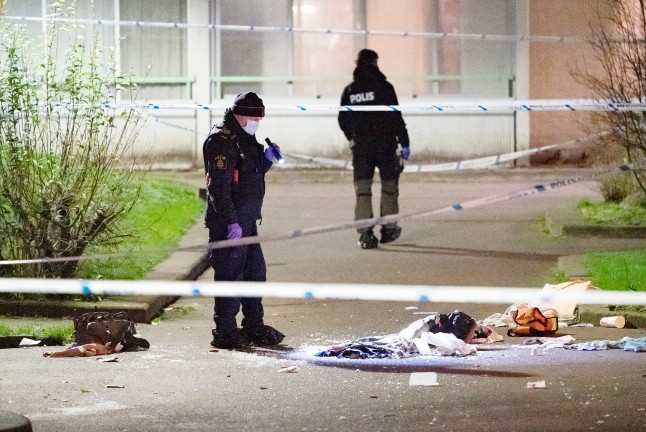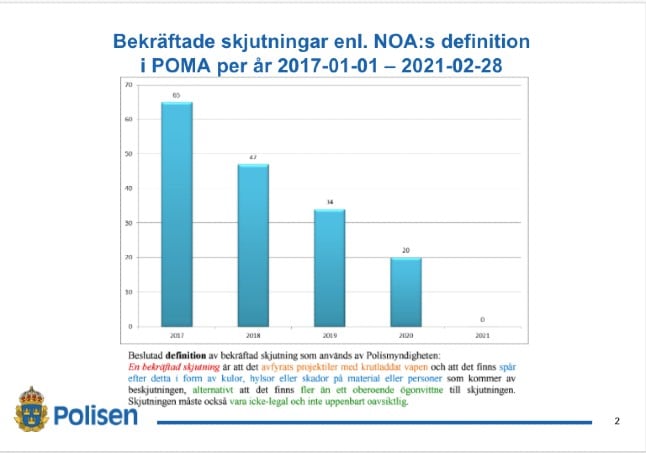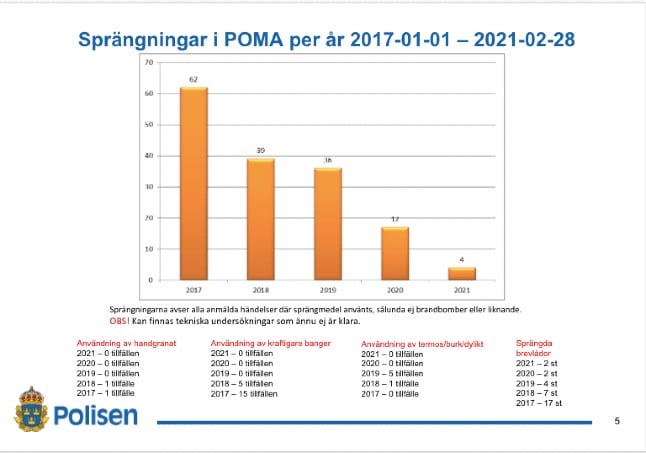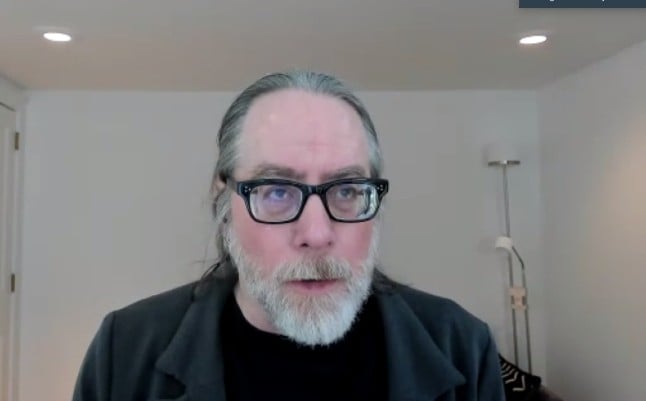”It was without a doubt the most embarrasing moment of my life. Its not like people were shying away from using their mobile cameras,” Adam Starck told The Local.
The last football game of the season in Sweden’s league Allsvenskan was to be played in on Sunday October 24th, Örebro, in eastern Sweden, between local team ÖSK and Malmö FF from Skåne.
Just before the game kicked off, three brothers; Adam, Louis and Anton Starck and their friend Tim Malmberg were out on town to do some shopping and meet up for a coffee and a chat.
The guys didn’t have any idea that a football match was being played as they are not very interested in football.
”We did notice that there were a lot of police about and we wondered if something was happening, if they were going to do a raid somewhere close by,” Starck said.
The four guys were leisurely browsing the shelves in the shoe shop when they became aware of the activity mounting on the other side of the street.
Suddenly they saw a police vehicle draw up in front of the shoe shop, a police officer nodding in their direction and the next thing they knew they were surrounded by police and dragged outside on the street.
The guys hardly had time to understand what was going on as their part of the street was cordoned off and they were put up against the shop window and frisked by the police. There seemed to be police everywhere, according to Starck, and between them they counted at least 24 officers.
”There were quite a lot of people standing around looking at us being frisked as well. We were trying to ask the officers what they thought we had done, but they just told us to be quiet,” said Starck.
The guys were later told they had been identified by an undercover police officer as football hooligans from Skåne, responsible for an assault some ten metres away from the shoe shop just under an hour previous.
”It seemed strange to me, because we don’t have a Skåne dialect, we’re all registered in Örebro, which they must have known after checking our ID cards, and if we had been repsonsible for an assault, it is hardly likely we would have stayed in the immediate area and gone shoe shopping,” said Starck.
In the police car they were split up in twos. According to Starck, a police officer told them that they ”had been booked and would be arrested”. As he was sitting in the car with his friend, his brothers in the other car, Starck heard the policeman tell the driver to take them to a location outside of town.
”On the way, we were informed that we weren’t allowed into town within 24 hours. If we did venture in anyway, they would arrest us,” said Starck.
Luckily for the four young men, Starck’s apartment is on the outskirts of town, some 20 minutes walk from the two different locations where they were dropped.
The guys spent all day in his flat, waiting to be allowed to go back home the next day. Little over a week later, none of the guys have heard anything back from the police.
”I still feel very frustrated about the whole incident. We’re going to report the incident to the Parliamentary Ombudsman (Justititeombudsmannen, JO). We don’t expect it will get us very far, but we’re prepared to take it as far as we can,” Starck told The Local.





 Please whitelist us to continue reading.
Please whitelist us to continue reading.
Member comments